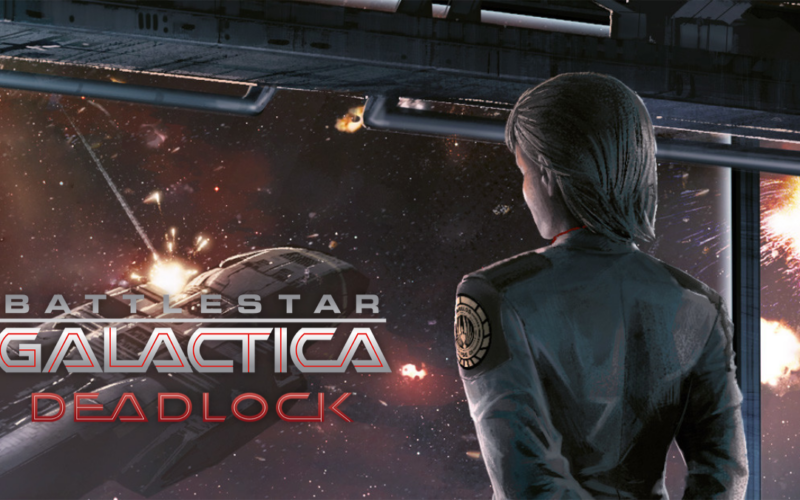Deadlock is a term that resonates deeply within various fields, from computer science to social psychology and even the realm of board games. At its core, a deadlock refers to a situation in which two or more parties are unable to proceed further because they are caught in a state of blockage. In gaming, this concept takes on an intriguing dimension as it encompasses both strategy and conflict resolution. Whether you’re pitting wits against friends in a tabletop game or navigating complex online multiplayer environments, understanding the intricacies of deadlocks can significantly enhance your gameplay experience gk88 wedding.
Understanding the Concept of Deadlock
Exploring the idea of deadlock in games requires a multi-faceted approach. The dynamics of deadlocks can vary widely based on the type of game being played, the players involved, and the specific rules governing play.
What is a Deadlock in Gaming?
In its simplest form, a deadlock occurs when opposing forces reach an impasse. This can happen in various forms:
- Strategy Games: In strategic board games like chess or Go, players may find themselves in a situation where neither can advance without jeopardizing their own position.
- Cooperative Games: In cooperative settings, such as team-based video games, players may face challenges when their objectives contradict each other, resulting in a stalemate.
- Negotiation Games: In negotiation-oriented scenarios, such as role-playing games (RPGs), players may end up in a deadlock when interests clash, making it impossible to move forward.
This leads us to consider the broader implications of deadlock in gaming. When players encounter a deadlock, it often reflects deeper themes of conflict, risk assessment, and even the psychological aspects of gaming.
The Psychological Aspects of Deadlock
The phenomenon of deadlock isn’t merely a mechanical issue; it taps into the psyche of the players involved. Here are a few psychological elements at play when participants face a deadlock in a game:
- Stress and Anxiety: A deadlock situation can induce high levels of stress, as players grapple with the pressure to make a decision while fearing the consequences of either action taken or not taken.
- Cognitive Dissonance: Players may experience cognitive dissonance when faced with conflicting options. They must weigh their choices carefully, adding to the tension of the deadlock.
- Social Dynamics: In multiplayer scenarios, the interplay among players becomes crucial. Social dynamics can exacerbate deadlocks, as alliances may shift, and betrayals can lead to unforeseen complications.
Understanding these psychological factors can help players navigate deadlock situations more effectively. It also emphasizes the importance of communication and collaboration, particularly in team-based games.
Types of Deadlock Scenarios in Games
Deadlocks manifest differently across various types of games, each presenting unique challenges and opportunities for engagement:
- Competitive Deadlocks: In competitive settings, players may be equally matched in skill, leading to prolonged battles where neither side can claim victory.
- Resource Allocation Deadlocks: Many games involve resource management, and a deadlock can occur when players compete for limited resources, stalling progress for all.
- Information Asymmetry Deadlocks: When one player has access to information that others do not, it can create a deadlock where decisions become disproportionately influenced by that information advantage.


